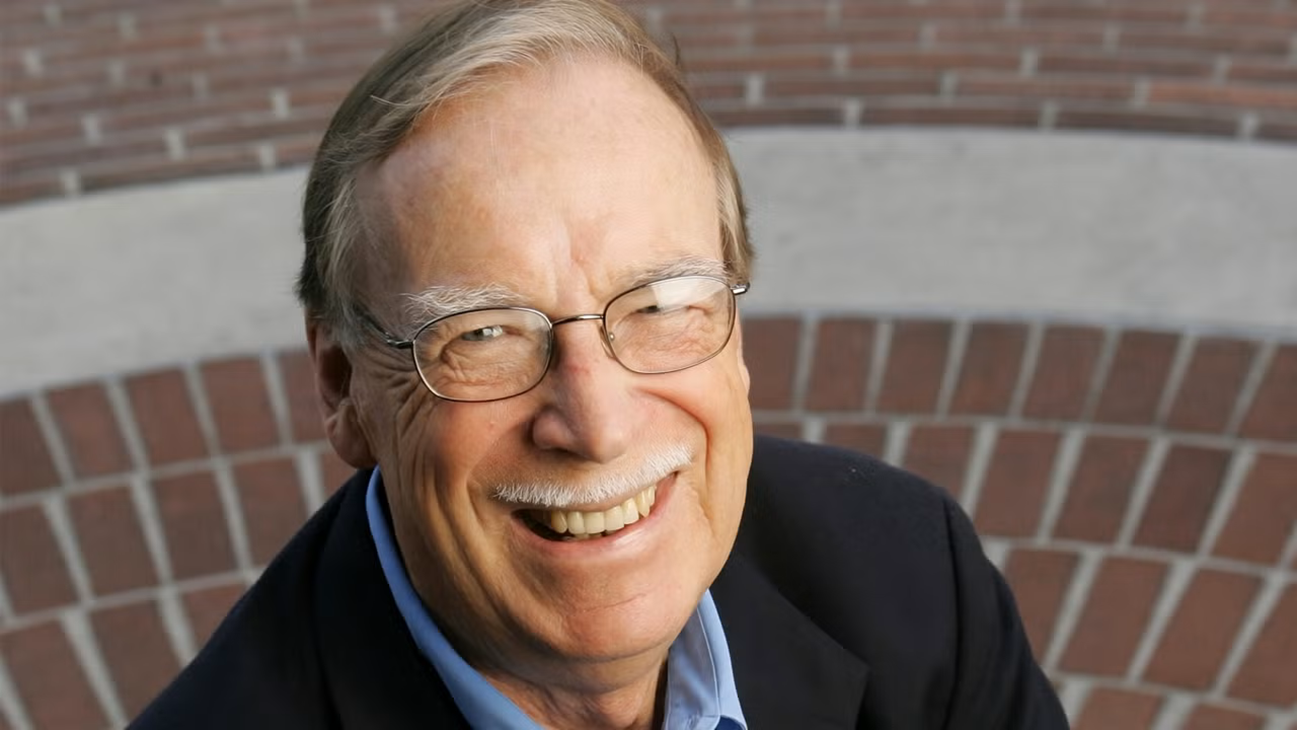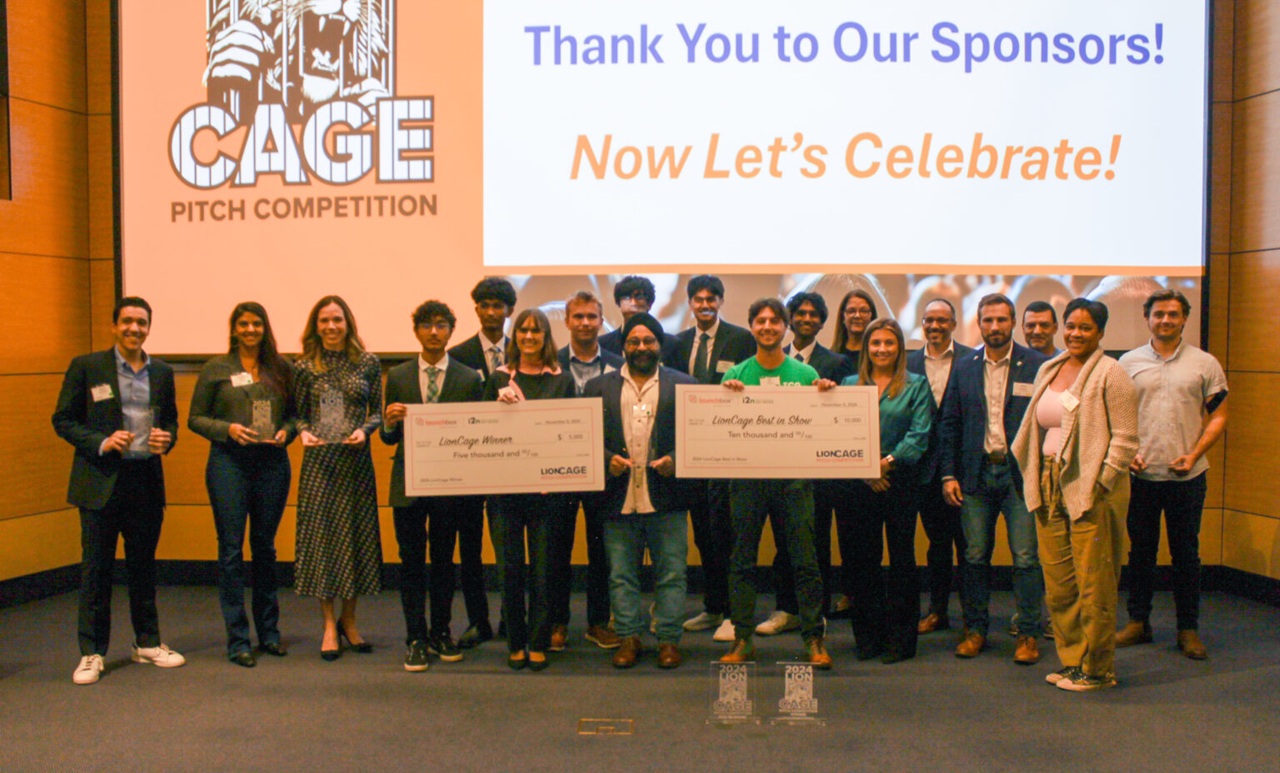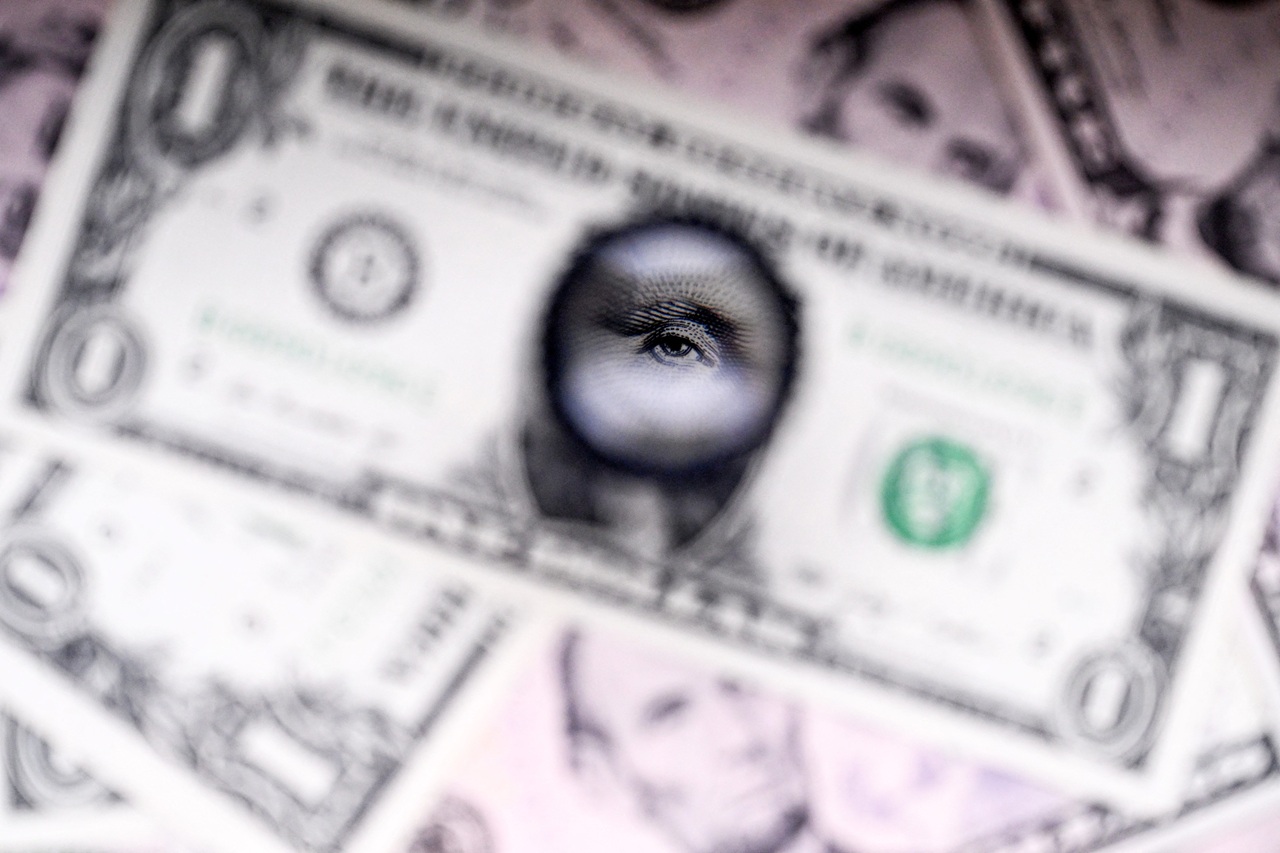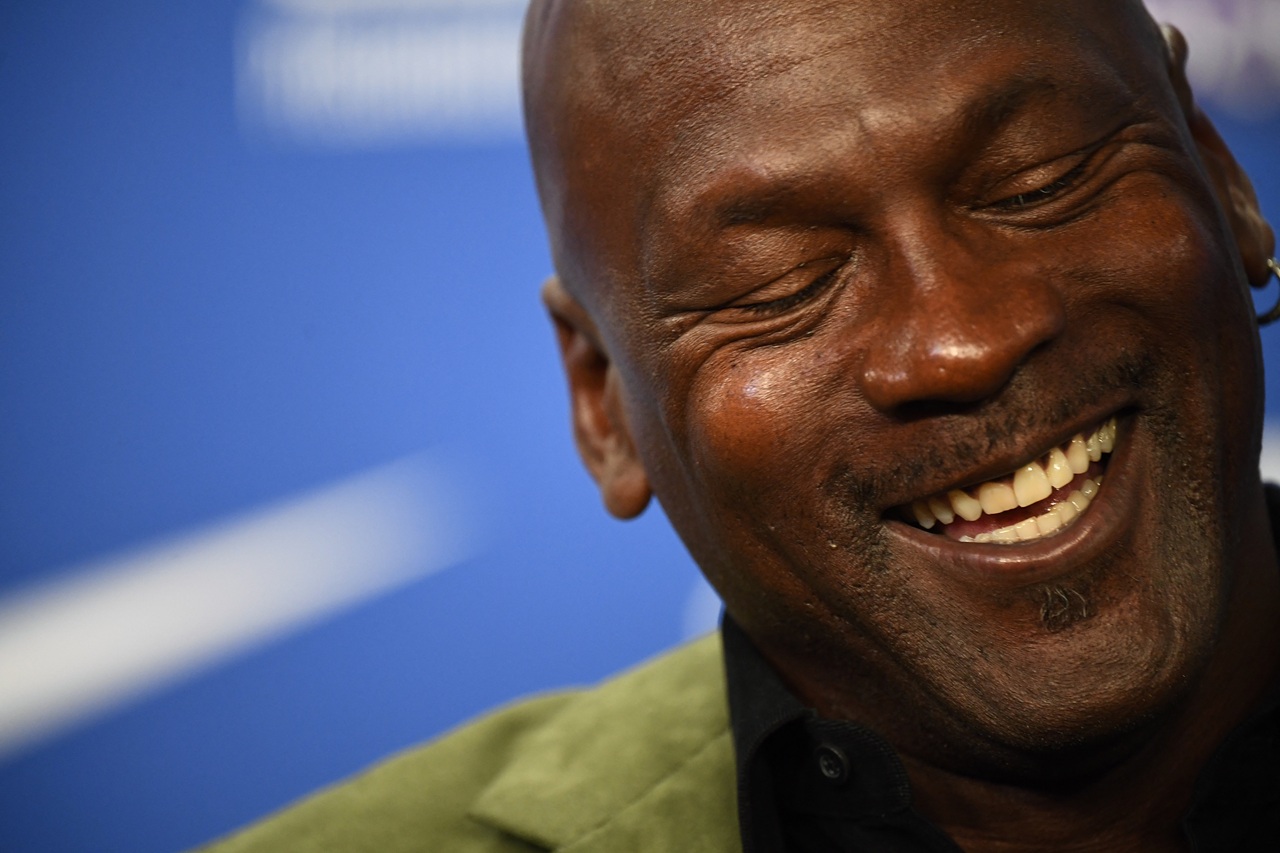
Richard Easterlin's paradox: the difference between prosperity and happiness
The University of Southern California economist founded the concept linking economics to life's meaning—a farewell.
Richard Easterlin left a lasting legacy for scholars studying social and economic issues. He is widely recognized as the father of "the economics of happiness," as he uniquely connected traditional economic indicators with subjective well-being. His key point was that Gross Domestic Product (GDP), as a measure of added value, is insufficient for assessing a society's overall well-being. Today everyone recognizes that Easterlin got it right.
Easterlin was born on January 12, 1926, in New Jersey, United States, and initially trained as an engineer. However, like many in his profession, Richard Easterlin eventually specialized in economics at the University of Pennsylvania. During his early career, his research focused on economic history and demography, but it was in the 1970s that his work began to gain widespread attention.
In 1974, the professor of economics, Easterlin, published the article "Does Economic Growth Improve the Human Lot? Some Empirical Evidence," where he introduced what is now known as the “Easterlin Paradox.” In this paper, he showed that while people in wealthier countries tend to be happier than those in poorer countries, increases in average income within the same society do not necessarily lead to higher levels of happiness over the long term. Easterlin's finding challenged the foundations of classical economics, which assumed that economic growth was directly proportional to well-being. In simple terms, money and economic prosperity do not guarantee greater happiness.
RELATED CONTENT
Why is this the case? The Easterlin Paradox opened a new area of study by demonstrating that factors like social comparison and expectations significantly affect perceived well-being. According to Easterlin, people often evaluate their happiness not only in absolute terms but also relative to the material success of others. It is about relative income. He also found that income increases tend to lead to rapid adaptation, minimizing their positive impact on well-being. This means that for an individual, an additional income increase—regardless of how substantial—may have a negligible effect because it does not necessarily enhance their overall well-being.
Easterlin, a professor of economics, a member of the National Academy of Sciences, and a member of the Academy of Arts and Sciences, wrote numerous articles and books that expanded on his ideas and contributed to the development of happiness economics as a field. His work paved the way for other researchers, both economists and psychologists, who adopted a more holistic approach to measuring national progress. He also advocated for the inclusion of subjective well-being indicators in public policies, an idea that has gained traction among international organizations. For example, the United Nations Development Programme (UNDP), in collaboration with Nobel laureate Amartya Sen, developed the Human Development Index (HDI), which incorporates indicators of health (such as life expectancy), education, and living standards. This means questioning the economic growth indicator as Easterlin proposed.
Other examples of such indicators based on Richard Easterlin's ideas include happiness surveys that directly inquire about life satisfaction and perceptions of happiness, environmental indicators such as ecological footprints, air quality measurements, and access to natural resources, as well as social capital measures like interpersonal trust, civic participation, and social cohesion.
Beyond his academic influence, Easterlin was a mentor and a prominent figure at the University of Southern California, where he held an esteemed position in economics for many years . The economist's ideas influenced the thinking of the american economic... and the world.











LEAVE A COMMENT: